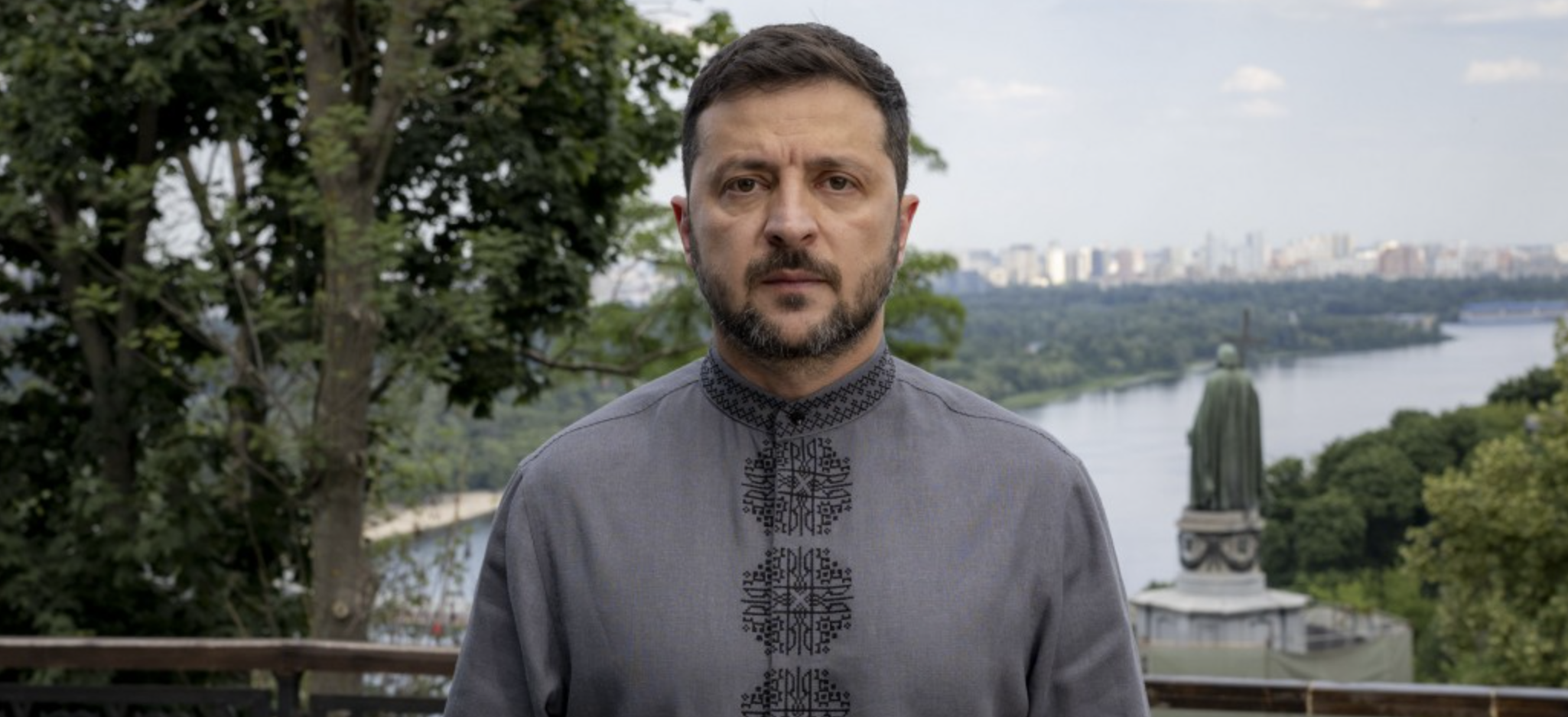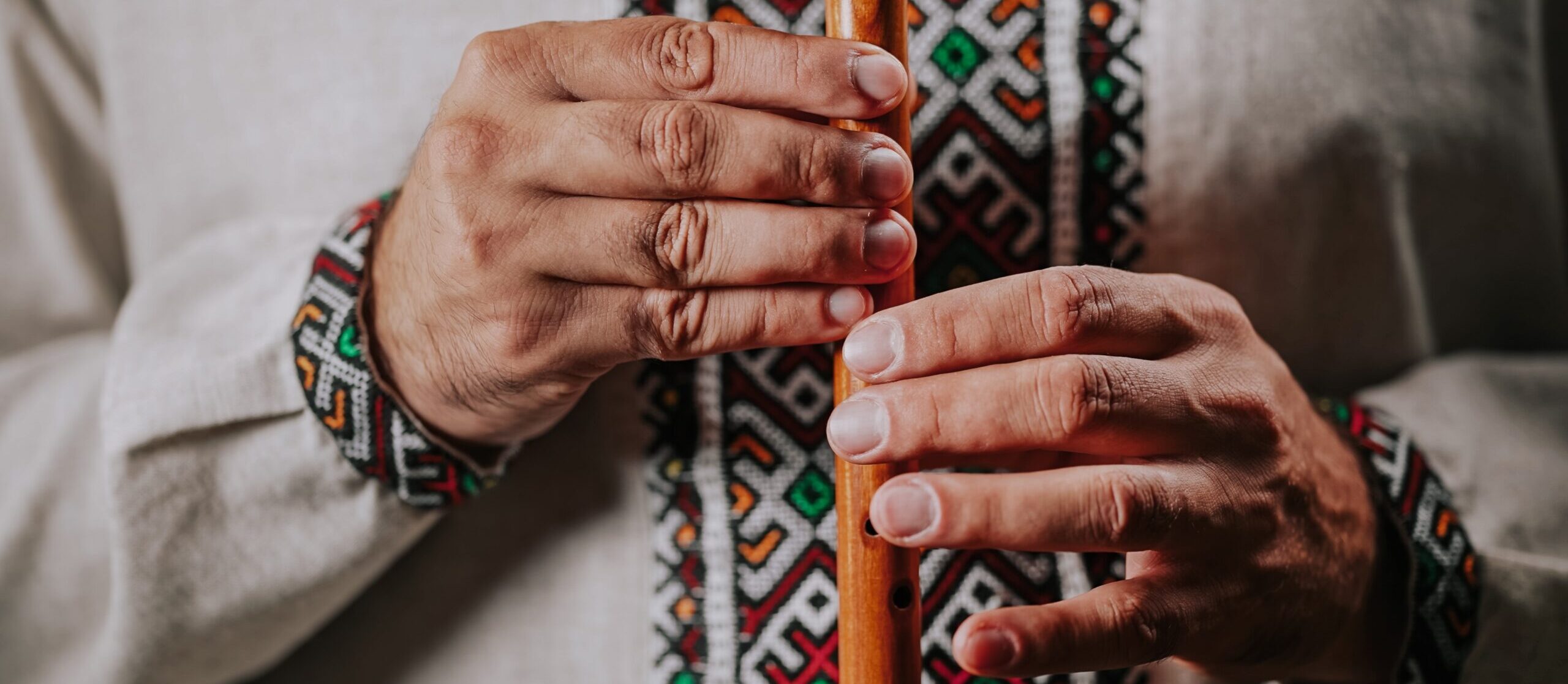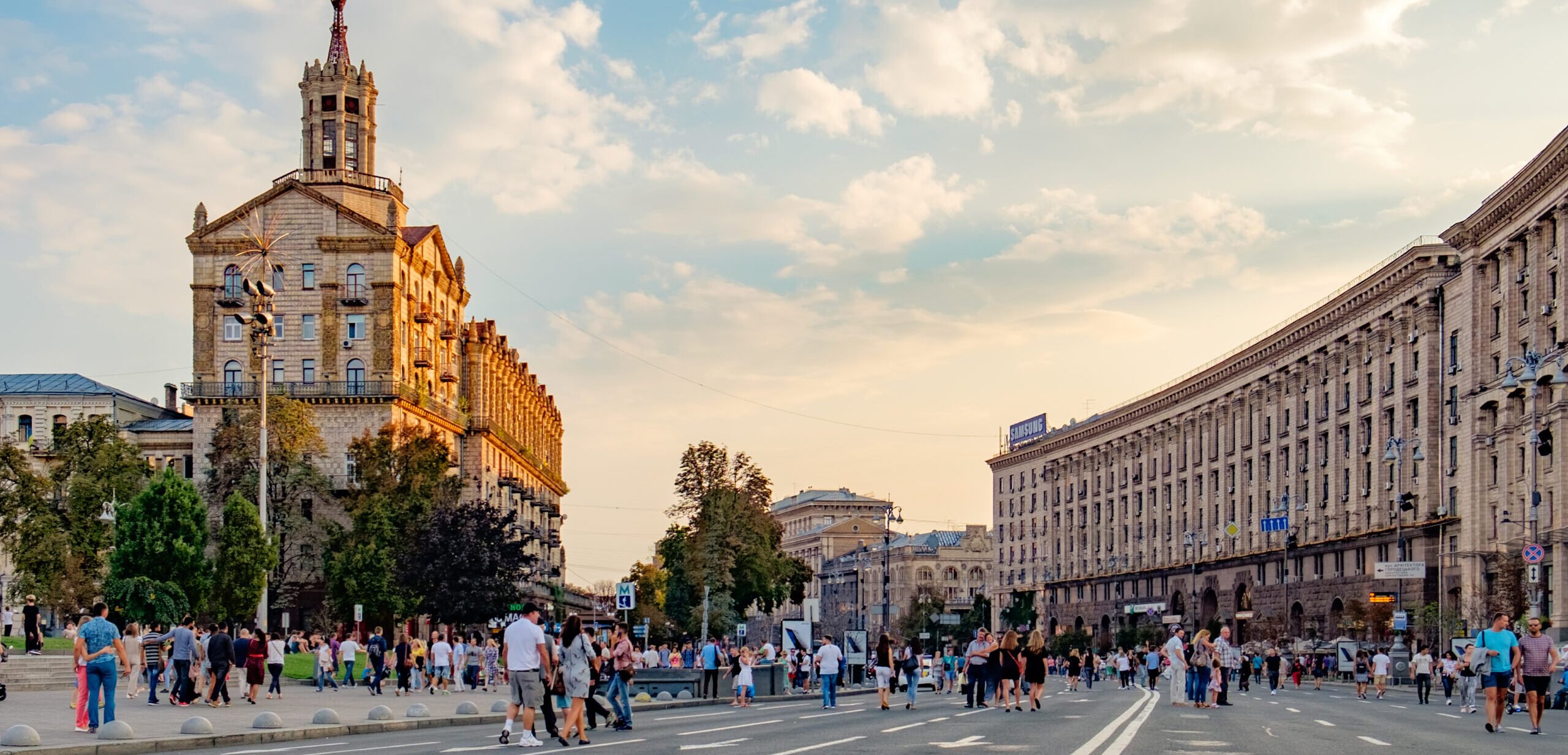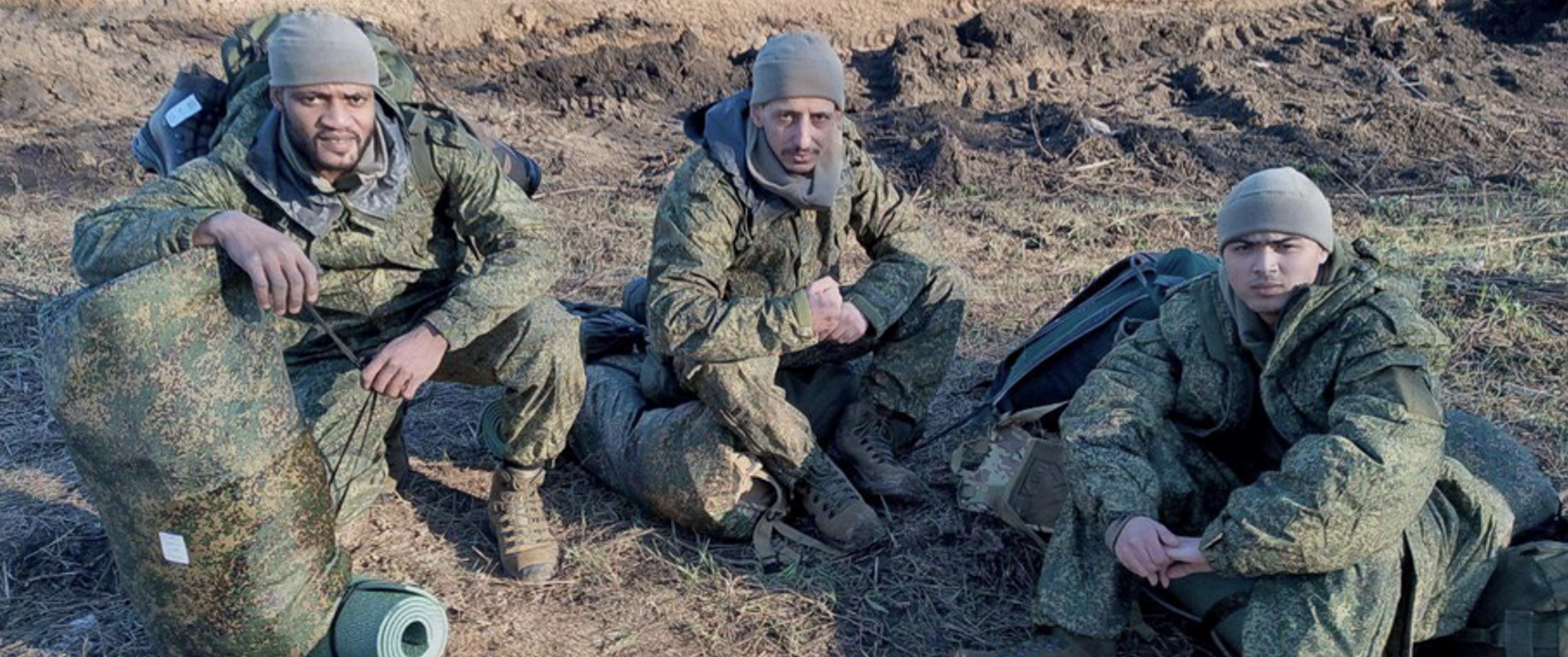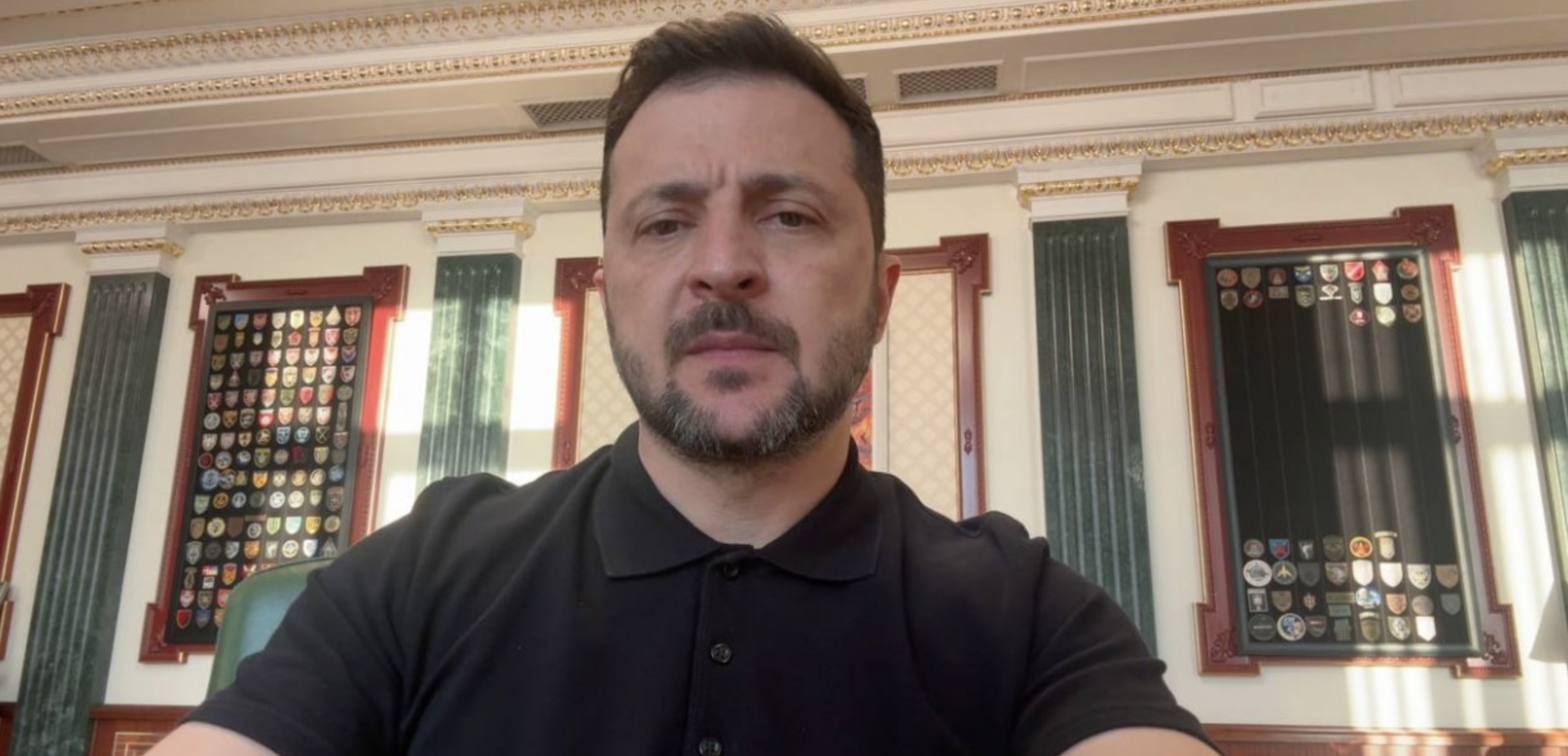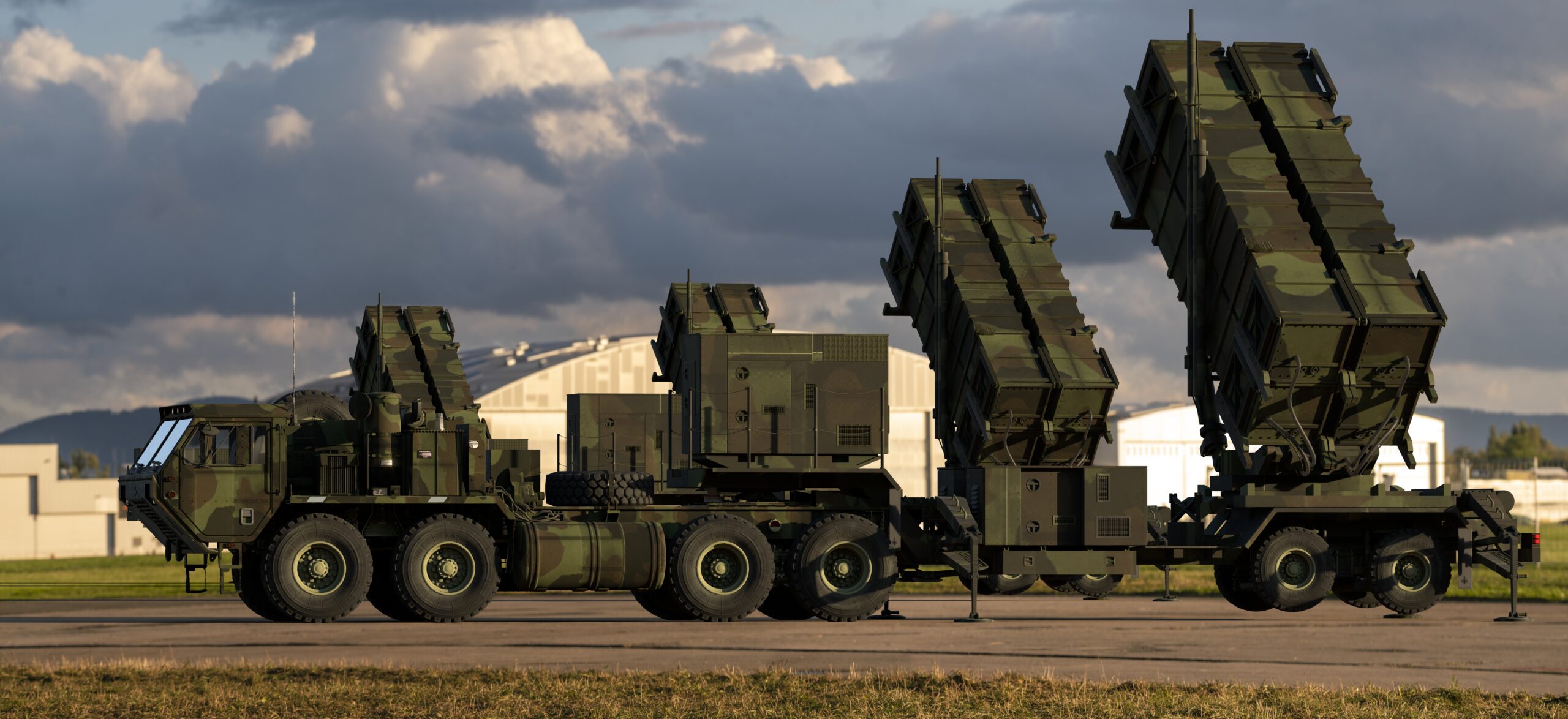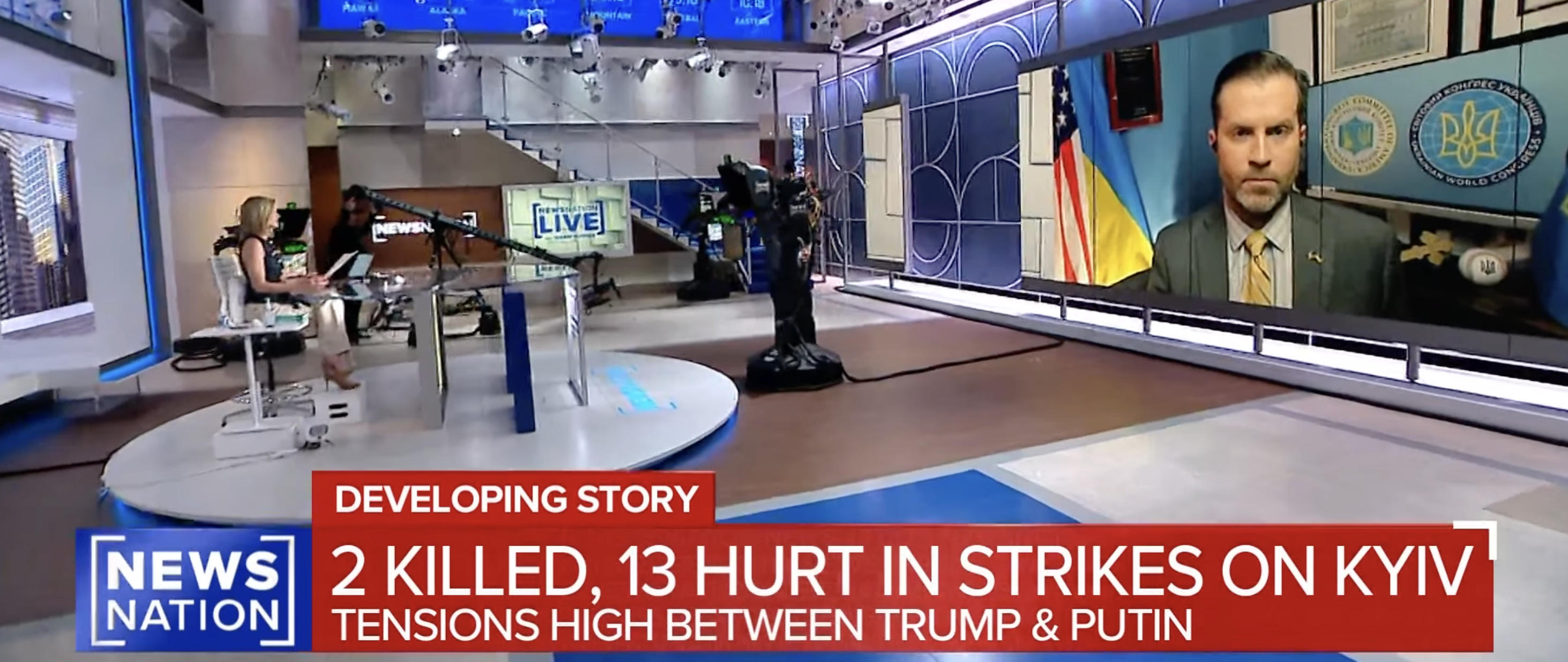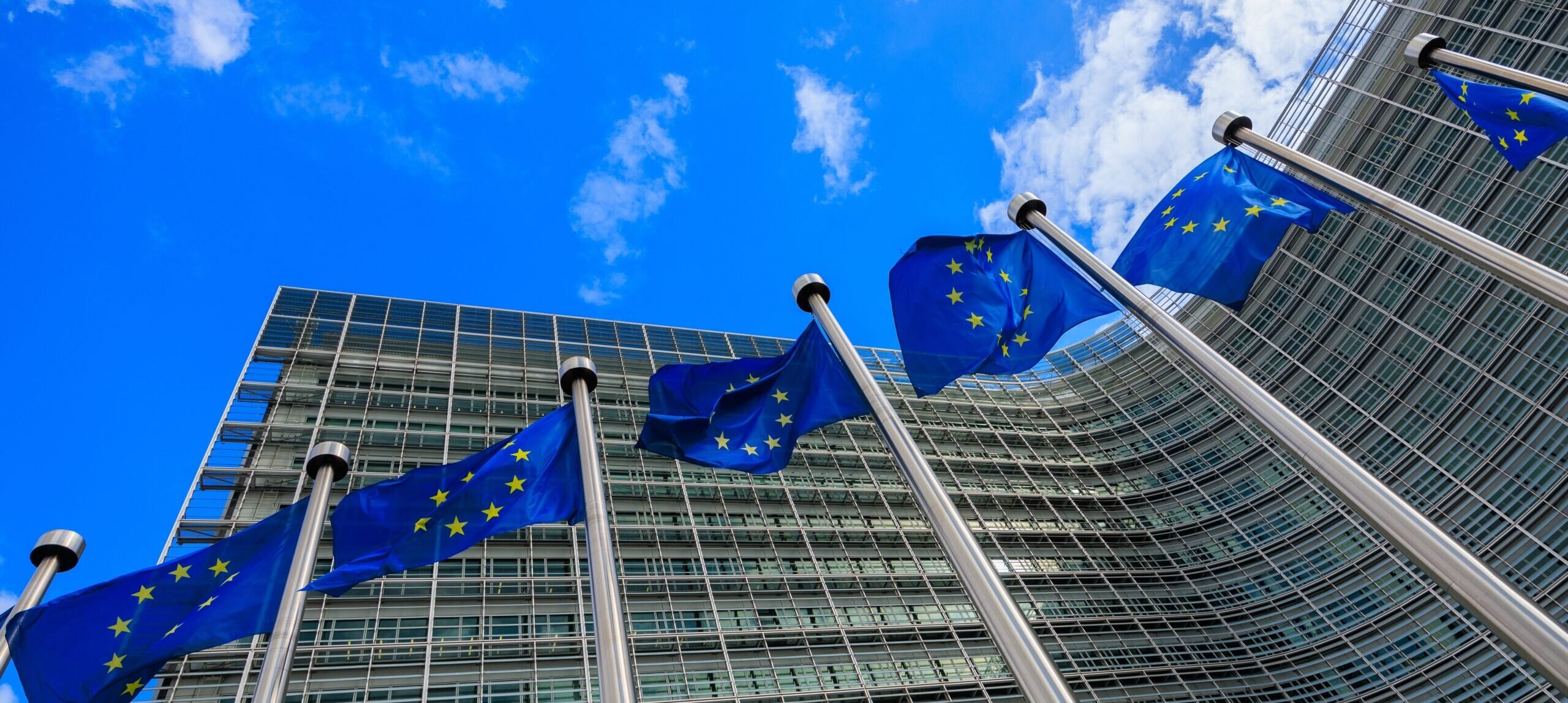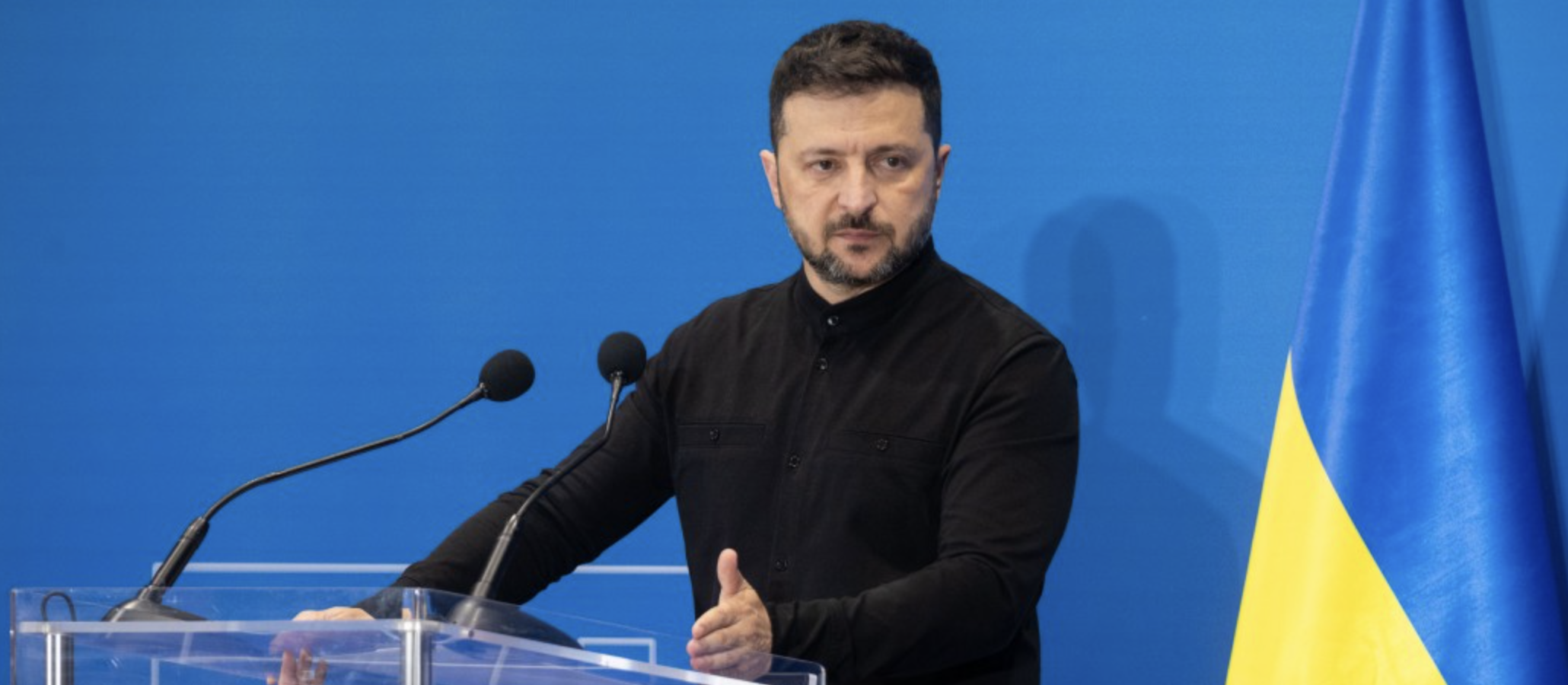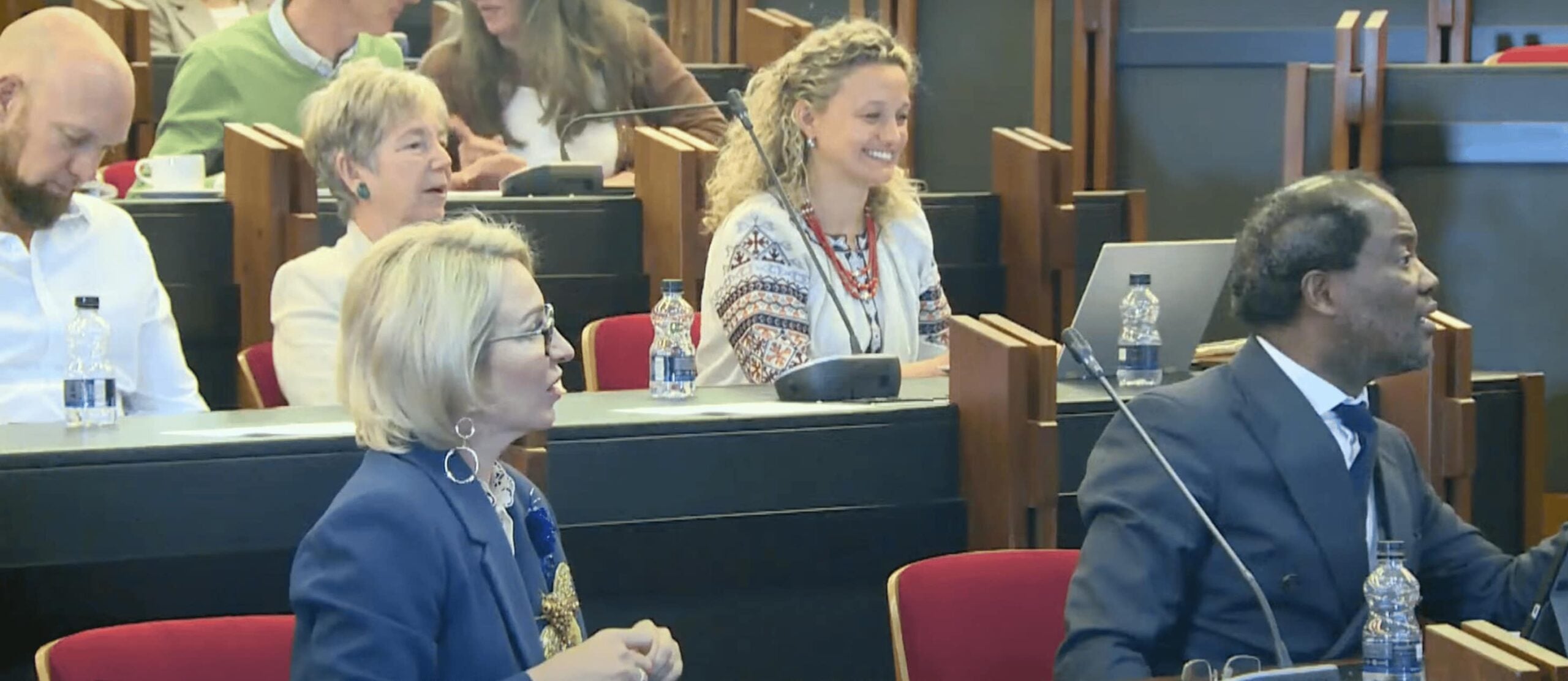
The University of the Witwatersrand, the Embassy of Ukraine in South Africa and the Ukrainian Association of South Africa held a scientific conference in honor of Ukrainian and South African biologist Boris Balinsky on April 10-11.
Students of Boris Balinsky from around the world joined the scientific conference. Alongside scientific presentations, Ukrainian scientists from the Schmalhausen Institute of Zoology, Bogomoletz Institute of Physiology, the National Science and Natural History Museum of the National Academy of Sciences of Ukraine, the Institute of Animal Biology NAAS, and V. N. Karazin Kharkiv National University also participated.
“Boris Balinsky’s groundbreaking research in embryology and evolutionary biology continues to inspire generations of scientists worldwide. This symposium serves as a tribute to his enduring legacy, bringing together esteemed presenters from Wits, Ukraine, and the international scientific communities,” the description reads.
Boris Balinsky was born in Kyiv in September 1905 and became a professor at Kyiv University at the age of 28, a world-renowned center for embryology. He was compelled to leave during World War II, moving first to Europe and then to South Africa.
In 1960, Balinsky authored the textbook “An Introduction to Embryology,” which became a global university resource. The book saw over 100,000 reissues in English and was translated into Japanese, Italian, and Spanish, though it was never published in Ukrainian.
Balinsky was banned during Soviet times, much like Theodosius Dobzhansky, George Kistiakowsky, or George Gamow. As a result, there is limited awareness within the Ukrainian community of the achievements of this well-known compatriot.
Balinsky could only publish his book after escaping persecution by the Soviet authorities. The scientist’s colleagues who failed to emigrate from the USSR were among the 3,000 leading biologists imprisoned or executed by the Soviet government. Unique is the scientist’s autobiography, in which he vividly describes events in Kyiv at the beginning of the 20th century, the Holodomor, and the persecution of scientists.
As soon as Ukraine gained independence, Boris Balinsky immediately came to Kyiv with a valuable gift – a collection of butterflies, which he donated to the National Museum of Natural History of the NAS of Ukraine.
The figure of Boris Balinsky is important in restoring the truth not only about Ukrainian scientists but also about the significant role of the Ukrainian diaspora in preserving and restoring the truth about events and prominent Ukrainian figures who were banned in the Soviet Union.
Cover: the Ukrainian Association of South Africa
